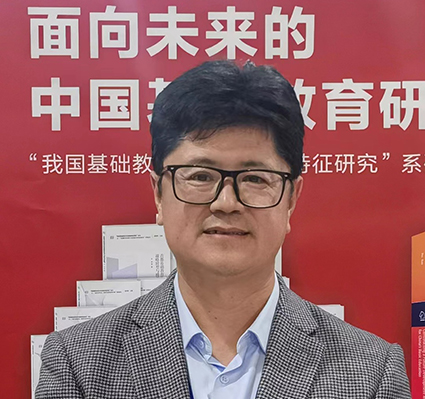Emotional Equivalence in Metaphor Translation
Speaker:
 Dr Zhenjun Yao (姚振军)completed his undergraduate degree in English and his master’s degree in Linguistics at the Dalian University of Foreign Languages and earned his PhD in Computer Science from the Dalian University of Technology. He is currently a Professor at Huzhou University and a visiting academic at the University of Queensland. His research interests include translation studies, computational linguistics, and cultural studies. Dr Yao is the author of the book A Computer-aided Study on English Translation of Chinese Classics, over 30 journal articles, and the translator of 4 books such as Constructing a Future Development Model for China's Basic Education.
Dr Zhenjun Yao (姚振军)completed his undergraduate degree in English and his master’s degree in Linguistics at the Dalian University of Foreign Languages and earned his PhD in Computer Science from the Dalian University of Technology. He is currently a Professor at Huzhou University and a visiting academic at the University of Queensland. His research interests include translation studies, computational linguistics, and cultural studies. Dr Yao is the author of the book A Computer-aided Study on English Translation of Chinese Classics, over 30 journal articles, and the translator of 4 books such as Constructing a Future Development Model for China's Basic Education.
Abstract:
This study explores the concept of "emotional temperature" within texts, positing that metaphor-rich compositions exhibit stronger affective "heat." We argue that translations of the same source material can exhibit substantial variation in emotional intensity. To quantify this phenomenon, we introduce the notion of "emotional equivalence" as a metric for gauging textual temperatures. By adapting Peter Newmark’s seven translation methods, we devise a scale known as "emotional impact factors" (E-IF), which ranges from 1 (indicating high emotional resonance) to -0.2 (signifying diminished affect). Our analysis centers on a financial news article consisting of 577 words and featuring 50 salient metaphors, as identified by the Metaphor Identification Procedure (MIP). We conduct a comparative evaluation of "emotional equivalence" between human and AI translations of this article using the E-IF scale. Our findings reveal that the human-translated version registers a higher E-IF score, demonstrating greater emotional equivalence to the source text.
